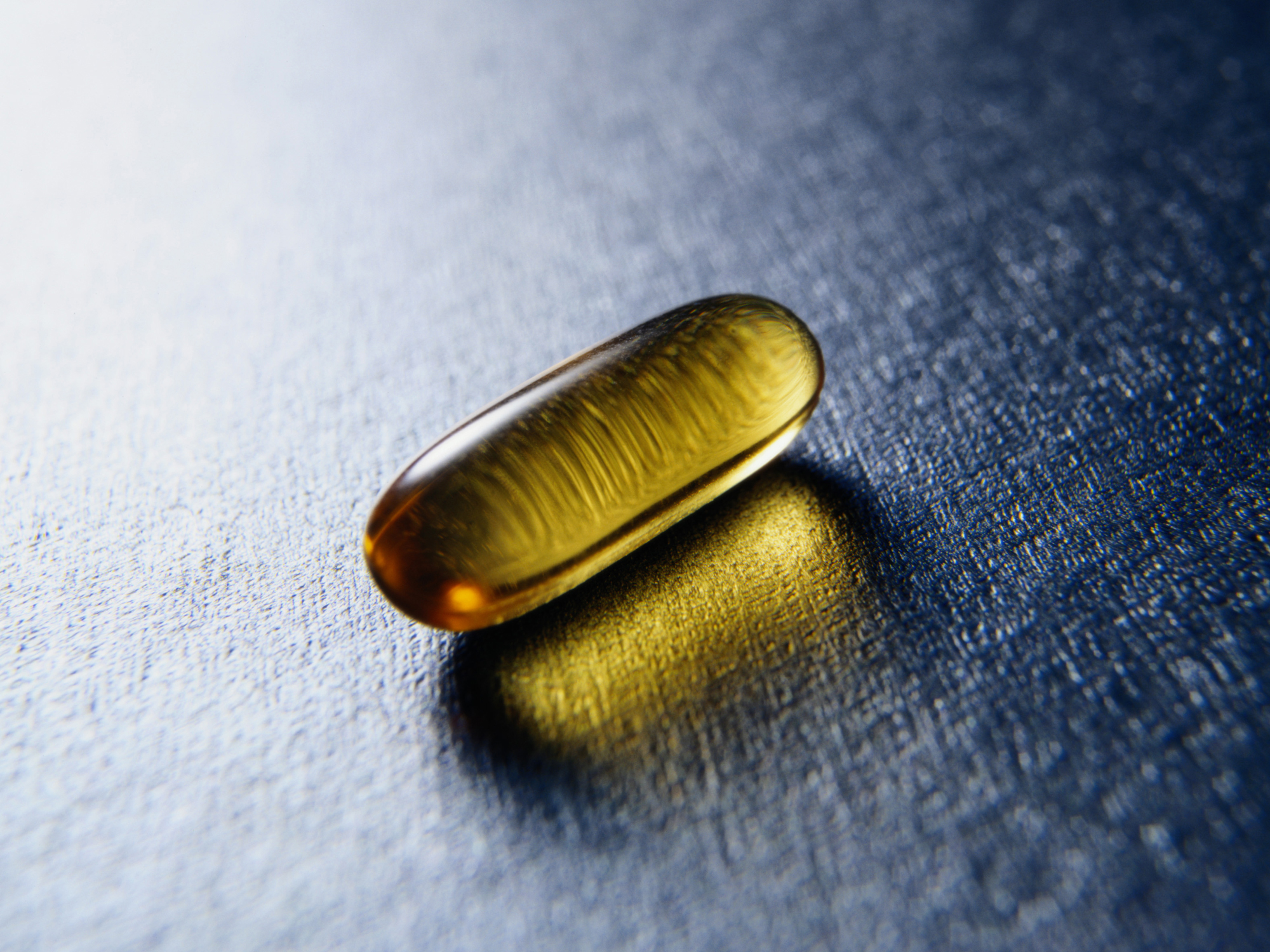Get Easy Health Digest™ in your inbox and don’t miss a thing when you subscribe today. Plus, get the free bonus report, Mother Nature’s Tips, Tricks and Remedies for Cholesterol, Blood Pressure & Blood Sugar as my way of saying welcome to the community!
How a simple vitamin fights cancer stem cells

If you could tap into a natural substance that’s up to 10 times as potent as drugs at stopping cancer cell growth, would you be interested to know about it?
Of course you would!
And surprisingly, it’s a simple vitamin that we all know about — vitamin C.
Studies have shown:
- Women who consume an average 205 mg per day of vitamin C have a 63 percent lower risk of breast cancer than those consuming just 70 mg.
- Obese women who consume at least 110 mg per day have a 39 percent lower risk of breast cancer to those consuming just 31 mg.
- Higher vitamin C intake decreases risk of stomach cancer, in observational studies.
- In an 11-year follow up of 154,363 postmenopausal women, antioxidant status (vitamin C being one of the most potent antioxidants) decreased their risk of B-cell lymphoma, a subtype of non-Hodgkin’s lymphoma.
And it doesn’t stop there
Scientists have discovered that vitamin C targets and kills cancer stem cells — the cells responsible for fueling cancer growth.
The researchers in a study published in Oncotarget, sought to investigate the bioenergetics of these cancer stem cells in an endeavor to disrupt their metabolism and the process by which they live and die.
They examined what’s commonly known as the “powerhouse” of human cells, the mitochondria. And in particular there is a process within the mitochondria — called glycolysis — that fuels the cancer stem cells.
Alongside clinical drugs and pharmaceuticals, they also tested 3 natural substances — silibinin, the active component of milk thistle; caffeic acid phenyl ester (CAPE) from bee pollen; and vitamin C (ascorbic acid).
All of the substances tested were effective at inhibiting glycolysis. But vitamin C’s stem cell-fighting powers were the most exciting discovery…
“Vitamin C is cheap, natural, non-toxic and readily available so to have it as a potential weapon in the fight against cancer would be a significant step,” said Dr Michael P. Lisanti, Professor of Translational Medicine at the University of Salford, in a press release.
According to researchers, these cancer stem cells are the thing that stands in the way of effective chemotherapy or radiotherapy for cancer treatment. The stem cells can resist the treatments, which makes it very difficult for people to recover.
So while vitamin C shows promise for cancer prevention, more importantly it seems to offer amazing benefits for those who have to go through cancer treatment.
These stem cells are also involved in cancer recurrence and metastasis, or in other words, cancer regrowth — so knowing that vitamin C may very well inhibit cancer stem cells is truly an amazing discovery, especially considering the latest disappointing news about chemotherapy’s potential to promote the spread of cancer.
How much C?
For those interested in cancer prevention, ensuring you get your daily dose of vitamin C is essential. The daily recommended intake for both men and women over 30 years is at least 45 mg per day.
Vitamin C-rich foods include:
- Sweet yellow, red and green peppers
- Tomato juice
- Broccoli
- Banana
- Kale
- Orange juice
- Parsley
- Brussels sprouts
- Kidney beans
- Guavas
- Sweet potato
- Cauliflower
- Peach
- Kiwifruit
- Peas
However, much higher doses are often needed and a supplement may provide additional assistance. Just be aware, the tolerable upper level for vitamin C has been set at 2 grams (2,000 mg) per day.
For those wanting assistance with cancer treatment, intravenous administration of vitamin C appears to be more effective than oral solutions to significantly increase the presence of the vitamin in the blood.
Editor’s note: Discover how to live a cancer prevention lifestyle — using foods, vitamins, minerals and herbs — as well as little-known therapies allowed in other countries but denied to you by American mainstream medicine. Click here to discover Surviving Cancer! A Comprehensive Guide to Understanding the Causes, Treatments and Big Business Behind Medicine’s Most Frightening Diagnosis!
Sources:
- Bonuccelli G, et al. NADH autofluorescence, a new metabolic biomarker for cancer stem cells: Identification of Vitamin C and CAPE as natural products targeting “stemness.” —Oncotarget. 2017;8:20667-20678.
- Kawada H, et al. Phase I Clinical Trial of Intravenous L-ascorbic Acid Following Salvage Chemotherapy for Relapsed B-cell non-Hodgkin’s Lymphoma. — Tokai J Exp Clin Med. 2014;39(3):111-5.
- Vitamin C effective in targeting cancer stem cells — Sciencedaily.com. (2017). Retrieved 29 June, 2017.
- Vitamin C — Oregonstate.edu. (2014). Linus Pauling Institute. Retrieved 29 June, 2017.












